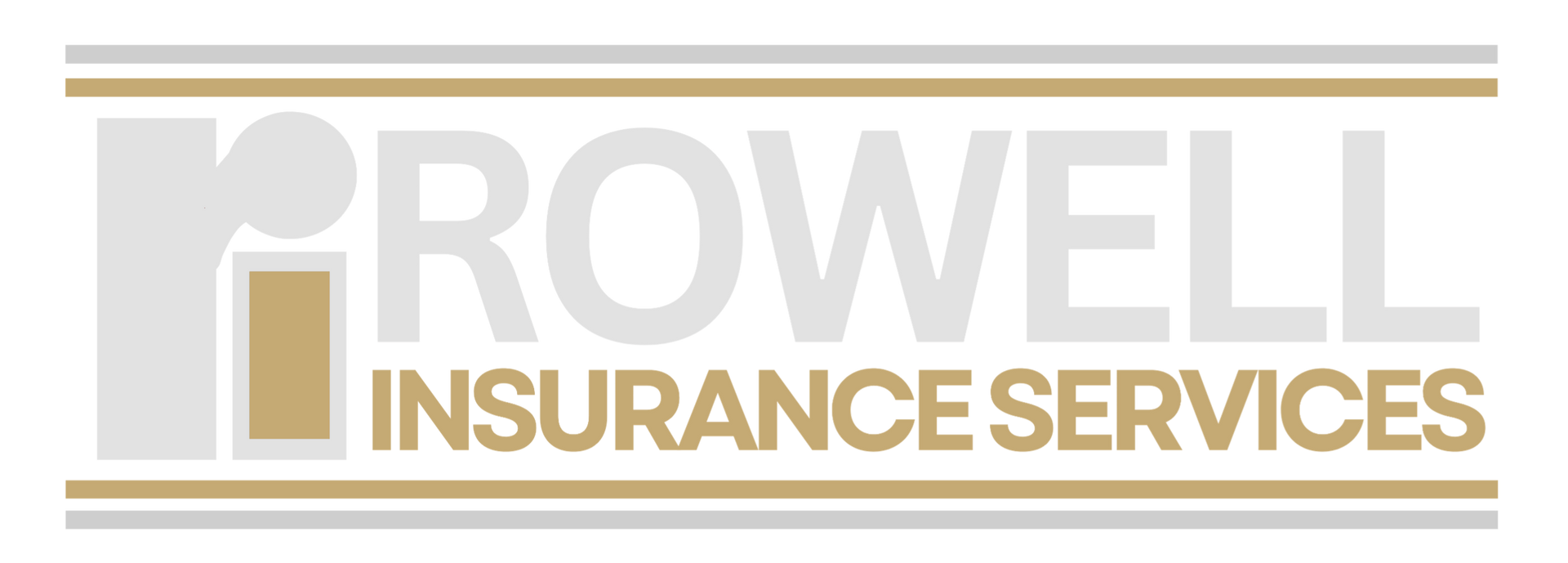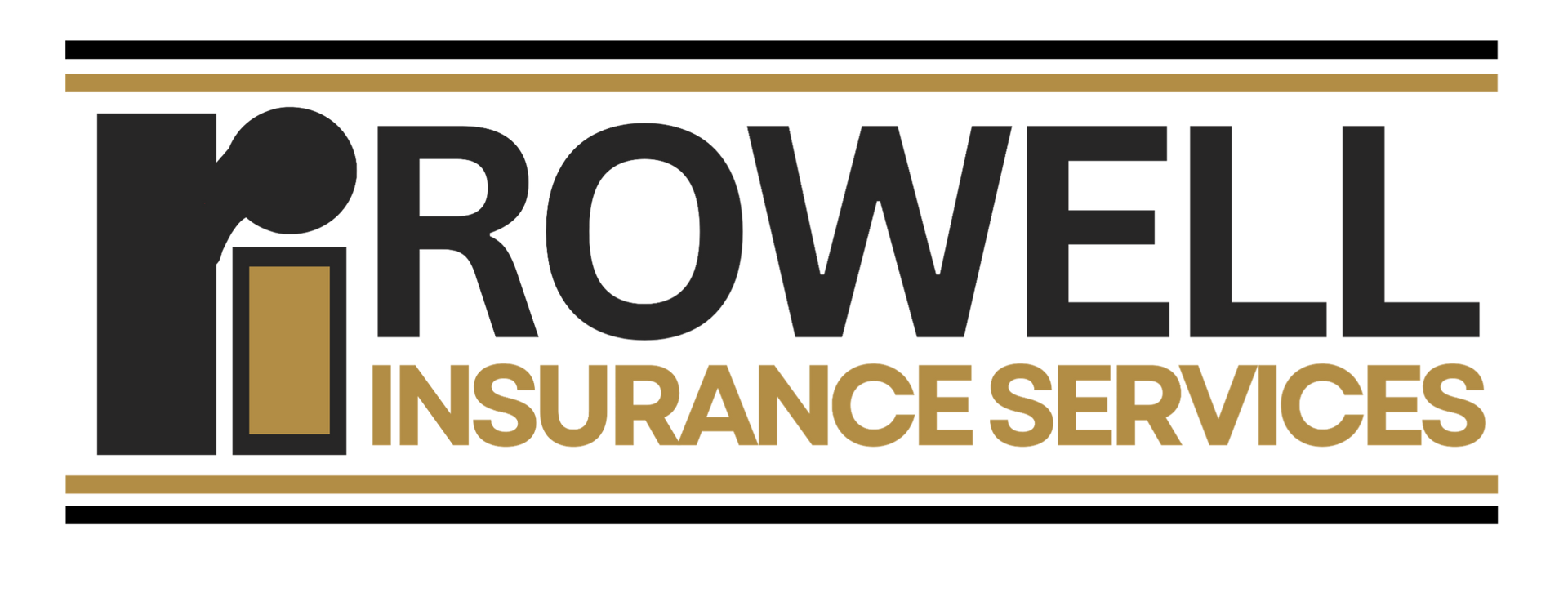Auto Insurance
for Jay, FL & All of Florida and Alabama
Although none of us like to think about it, if you own a vehicle in working condition, you should have an auto insurance policy for it. While not all municipalities mandate car insurance, it’s definitely a good idea to have it even in places where it’s not mandated. In Florida and Alabama, Rowell Insurance Services is the local, independent insurance agency to trust for car owners throughout Jay, FL; Milton, FL; Pace, FL; Cantonment, FL; Atmore, AL; Brewton, AL; and the surrounding areas.
Standard Auto Insurance Coverage Includes:
- Bodily Injury to Others
- Bodily Injury from Uninsured Drivers
- Property Damage Liability
- Medical Payments
- Personal Injury Protection (PIP)
Additional Protection Options:
- Collision Coverage
- Comprehensive Coverage
- Rental Reimbursement
- Roadside Assistance (Towing & Labor)
The primary goal of Rowell Insurance Services is to help our clients protect what matters most to them. While we have the reach of a national agency, we also have the personal touch of a local, mom-and-pop shop. We get to know our clients on a personal level, so we can better serve their auto insurance needs. If anything happens to your vehicle, on or off the road, we’ll find an auto insurance policy that gives you the level of coverage you need. For more information about our coverage options or to request a quote, we welcome you to contact us and speak with a member of our team!
Navigating Auto Insurance Rates & Coverage
Understanding the types of coverage available and how premiums are determined can feel overwhelming. We make it simple by walking you through every option and explaining how specific factors affect your rates, including:
- Driver Age – Younger drivers, especially males under 25, typically face higher rates due to increased accident risk.
- Driving Record – Past accidents or violations can increase premiums, while a clean record can save you money.
- Vehicle Type – Larger, safer vehicles often cost less to insure, while high-performance or luxury cars tend to carry higher premiums.
- Car Value & Age – Newer or more expensive cars usually come with higher insurance costs.
- Safety Features – Vehicles equipped with features like anti-lock brakes, airbags, and anti-theft systems may qualify for discounts.
- Annual Mileage & Location – The more you drive—and the more populated your area—the higher the risk, which can impact your rate.
- Deductible Amount – Choosing a higher deductible can lower your premium, while a lower deductible gives you more immediate protection.
We’re here to help you understand your options and find the coverage that works best for your budget and needs.
Understanding Key Auto Insurance Coverages
What is Liability Coverage?
Liability insurance helps protect you financially if you’re responsible for an accident involving injury or property damage. Most states require drivers to carry two types of liability coverage:
- Bodily Injury Liability – Covers medical expenses, legal fees, and lost wages for others if you’re at fault in an accident.
- Property Damage Liability – Pays for damage you cause to someone else’s vehicle or property.
Does My Policy Cover Medical Expenses?
If you're at fault in an accident and someone else is injured, Bodily Injury Liability can help cover their medical bills and any lost income resulting from the accident. However, it won’t cover your own medical costs — that’s where PIP comes in.
What is PIP (Personal Injury Protection)?
Personal Injury Protection (PIP), often called “no-fault” coverage, helps pay for medical bills, lost wages, and related costs for you and your passengers — no matter who caused the accident. It applies to you and anyone listed on your policy and is required in certain states, including Florida. Since it provides broad benefits regardless of fault, PIP coverage may come with slightly higher premiums.
Why is Collision Coverage Important?
Collision coverage pays to repair or replace your vehicle if it’s damaged in a crash — whether you hit another car, a tree, or a guardrail. While it’s not required by law, lenders often require it if you’re financing or leasing your car. Even if your car is paid off, keeping collision coverage can be a smart move, especially if you rely on your vehicle daily and want to avoid out-of-pocket repair costs.

